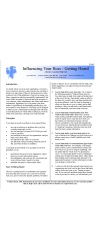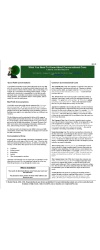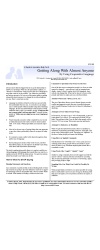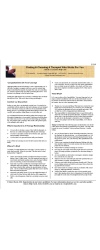It may seem trivial but people take their cues about what is and is not appropriate in the workplace by looking at how leaders handle situations and “violations” of either formal or informal rules and expectations. For example, NOT addressing someone how is often late to meetings is likely to cause other people to arrive late to meetings. It’s contagious.
That’s not to mention the frustration and wasted productivity that occurs when a latecomer has to be “clued in” to what he or she has missed.
There are a number of ways a leader can address such an issue.
- Start all meetings at the time designated, regardless if one or two people are absent, or late.
- Model punctual behavior by making sure YOU are always on time.
- If there is a late arrival, do not stop the meeting to update the person, unless it’s absolutely necessary. Continue as normal.
- It’s best to not have a protracted discussion of punctuality each time a person is late. It’s sufficient to address the issue in one or two sentences. For example: “We’ve agreed that starting our meetings on time is important. In future, please be on time so we can keep our meetings short”. Then continue with the agenda.
- With chronic late-comers, it’s best to handle the situation privately. Talk to the person after the meeting, if that can be done quietly and without embarrasing the person in front of the rest of the group. Or, deal with it privately at some other time. Do not accuse, but start by asking the person if there are particular reasons why he or she has been arriving late. (There may be good reasons). Work with the person to address the causes, if necessary, and point out that being late inconveniences everyone. Get agreement and commitment from the person to be on time. Offer assistance.






